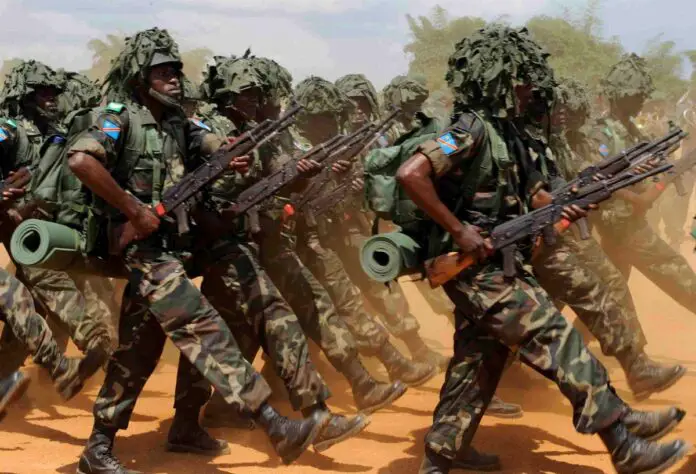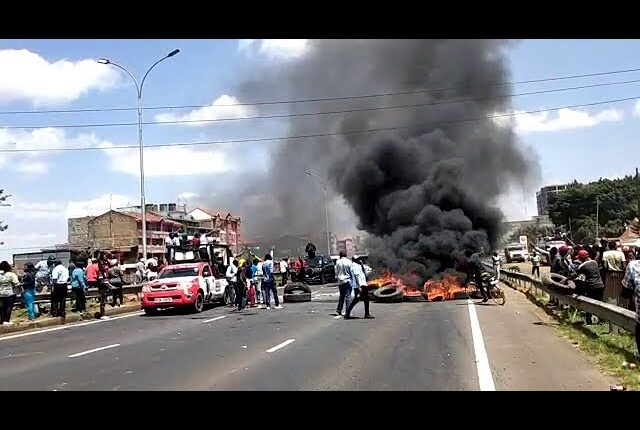Yesterday evening, around 6:45 PM, security was once again disrupted in the Mikenke area, located in the Itombwe sector of Mwenga territory, following a major assault launched by a coalition of the Armed Forces of the Democratic Republic of Congo (FARDC) and its allied militias.
Note: Company, Blog, Church websites are free.
This coalition, made up of FARDC, the Burundian army (FDNB), FDLR fighters, and Wazalendo militias, launched a surprise hail of gunfire on positions controlled by the AFC/M23 coalition, which has been maintaining control over the area.
According to local residents and organizations monitoring the security situation in the region, the attackers advanced from just a few kilometers away, near Bilalombili.
A resident who was nearby told the press: “It was around 6:45 PM. We started hearing gunshots. The noise of the gunfire forced us to flee, some of us ran toward Minembwe, others hid in the bushes.”
Sounds of both heavy and light weapons were heard throughout various parts of Mikenke and its surrounding areas.
There are concerns that these attacks may be aimed at trying to recapture territories still under the control of the AFC/M23 coalition, which continues to protect the Banyamulenge civilian population.
Earlier that same day, these forces had launched another attack using unmanned aerial vehicles (drones), but they reportedly caused minimal damage, aside from craters left by bombs in cattle-grazing hills.
These attacks follow similar offensives launched last week, during which the same coalition of government forces attempted to reclaim Mikenke but suffered heavy losses after encountering strong resistance from AFC/M23.
Security analysts warn that these developments indicate that the Itombwe region is on the verge of returning to ethnically driven warfare, due to the involvement of numerous armed groups rooted in long-standing grievances and injustices.
Local populations are calling on the international community and global organizations to pay closer attention to what is happening in South Kivu, in order to protect the lives of civilians who continue to be killed or forced to flee their homes.



